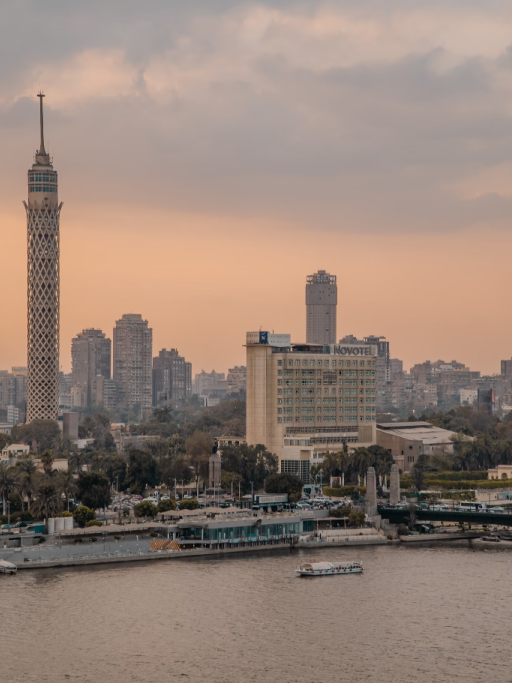This was a pilot initiative, as the partners, GWOPA and WaterAid hope that further support through peer-to-peer exchange between utilities will be explored on the back of this process. It is also hoped that this will have the effect of not only benefiting the relevant state or cities, where the utilities operate but also open up a new line of peer support through WOPs.
The WOP has been designed for a total duration of one year, with a diagnosis visit of 5 days, a benchmarking visit of the same duration, and 3 training and monitoring subsequent visits. The last visit should be a validation of the Medium Term Plan and an assessment of the achievements of the project.
(1) Undertake an assessment of the present situation, especially review of the current pro-poor services within NWSC-Zambia.
(2) Provide a clear road-map for the improvement of Low-Income Customer Services, including when relevant, the establishment of a Low-Income Customer Support Unit (LICSU) within the mentee utility, with some steps actually taken by the utility.
(3) Provide a Short Term Action Plan (One [1] year) – developed and implemented – for the improvement of the pro-poor services through the newly established LICSU. This could include the design of a pilot project in a settlement identified during the WOP implementation phase; and
(4) Provide a Medium Term Action Plan (two [2] to thee [3] years) for the improvement of the pro-poor services through the LICSU including investment needs.
As a mentor, NWSC-Uganda was mandated to implement some targeted capacity building activities –on the basis of the need assessment done during the diagnosis-aiming at implementing short-term thematic action plans during the one-year WOP and help the mentee to establish a LICSU.
(1) A Short Term Action Plan has been designed and some actions have been already implemented (by March 2018).
(2) New organogram for Pro-poor Unit adopted and in place.
(3) Recruitment of community facilitators and marketing assistants.
(4) Amnesty for one month (February 2018) to regularize illegal connections in low-income areas implemented, around 90 customers regularized
(5) Disconnected customers, low consumption and zero consumption connections are investigated systematically every month.
(6) Materials to be used in LIC operations budgeted by Water supply manager and budget approved and included by Management
(7) Joint Field sensitization with clinics/all stakeholders on the dangers of alternative non-protected sources (Cholera sensitization campaigns done in January and early February. This was done in conjunction with the council and district health).
(8) Community participation to create ownership enhanced by engaging stakeholders in community activities; Stakeholders were engaged during :
- Distribution of notices on pipe laying exercise( councilors and WDCs)
- Cholera alertness and dangers of using well water (Council, District Health and Neighborhood health technicians)
- Sensitization on prepaid metering (councillors and WDCs)
- Sensitization on vandalism, water conservation and disease outbreaks
